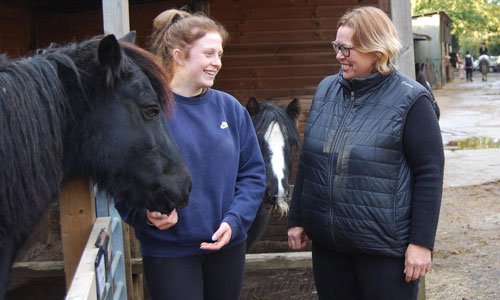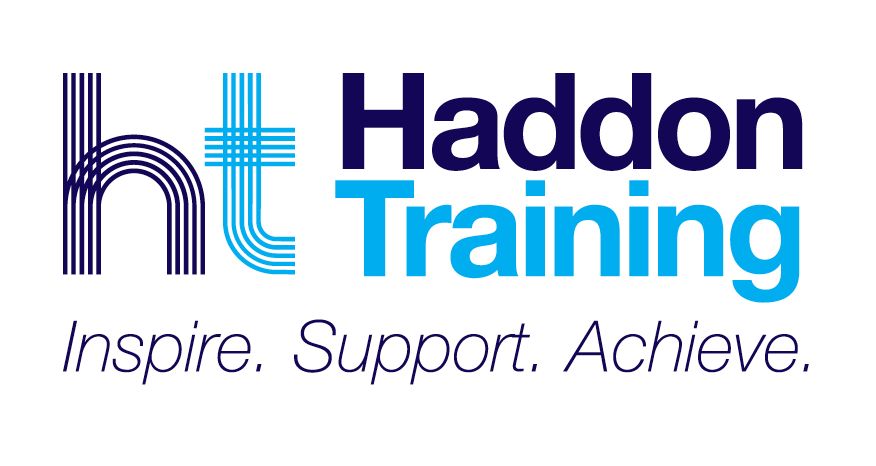- Join Us
- Login
- EEA ToolKit
- Employment Essentials
- Frequently asked
- Contracts and wages
- Time off work & absence
- Staff management & training
- Workplace disputes
- Dismissals and resignations
- Pregnancy and children
- Avoiding discrimination
- Redundancy and Retirement
- Other responsibilities
- Legal Helpline
- Recruitment
- Good Recruitment
- New starters
- Find a groom
- Good Employment
- Resources
- Downloads Library
- EEA Pension & Payroll
- Safe workplace
- Employers Minds
- Transporting horses
- Riding Establishment Licences
- Member discounts
- Business Hub
- Equestrian businesses
- The business plan
- Business compliance
- My clients
- Livery Contract Creator
- Financial matters
- Business challenges
- Marketing
- The EEA
- Employers Life
- Contact
Join Us
Employment Essentials
Recruitment
Good Employment
Resources
Business Hub
Employers Life
The EEA
Contact
- EEA Contract Creator
- EEA Staff Handbooks
- EEA Risk Assessment Creator
- EEA Health & Safety Manual Creator
- EEA Interview Creator
- EEA Livery Contract Creator
What our members say

“As a livery yard owner, the support from the EEA has been invaluable in the employment of our staff and the efficient running of the business.”
Day Dressage
EEA Member

“We decided we were going to do things differently, I just wasn't always sure how to do it! The EEA has all the solutions to employing staff legally.”
D & L Performance Horses
EEA Member
- Frequently asked
- Contracts and wages
- Time off work & absence
- Staff management & training
- Workplace disputes
- Dismissals and resignations
- Pregnancy and children
- Avoiding discrimination
- Redundancy and Retirement
- Other responsibilities
- Legal Helpline
- Employment status explained
- Employment contracts
- Wages and benefits
- Accommodation
- Hours of work
- HMRC Webinars
- Flexible working
- Pensions
- Working pupils
- Apprentices
- Right to work in UK
- Employment under 18
- Acceptable legal reasons for dismissal
- The legal challenges to dismissal
- Written reasons for dismissal
- Settlement Agreements
- Notice required
- Employee resignation
Tools
- Good Recruitment
- New starters
- Find a groom
Tools
Tools
- Downloads Library
- EEA Pension & Payroll
- Safe workplace
- Employers Minds
- Transporting horses
- Riding Establishment Licences
- Member discounts
- 10 steps to compliance
- Health & Safety Manual Creator
- Risk assessments
- Fire safety
- Safe working practices
- Reporting accidents
- Emergencies
- Safe equipment
- Talking about safety
- Training and supervision
- Good health
- Welfare
- About Employers Minds
- Mental Health Checker
- Your mental health
- What is stress
- Self help zone
- Difficult conversations
- Employee challenges
- Emergency situations
- I need help now
- What do I need
- Driving licenses
- Professional requirements
- Vehicle requirements
- Welfare qualifications
- Responsibilities
- Transporting safely
- International transport
- Travelling abroad: You
- Transport careers
- Transport checklist
Tools
- Equestrian businesses
- The business plan
- Businesss Compliance
- My clients
- Financial matters
- Livery Contract Creator
- Business challenges
- Marketing
Watch Our Video
The Equestrian Employers Association (EEA) is the organisation for you if you employ staff in the equestrian industry.
Watch Our Video
The Equestrian Employers Association (EEA) is the organisation for you if you employ staff in the equestrian industry.
Some functionality of the website is not currently available due to technical difficulties. We're working on fixing the issue.

News
1st January 1970
Published: 01/01/1970
Your item has been added to the basket
You need to create an account, or login before you can add this item to your basket.




















-Small.jpg)



